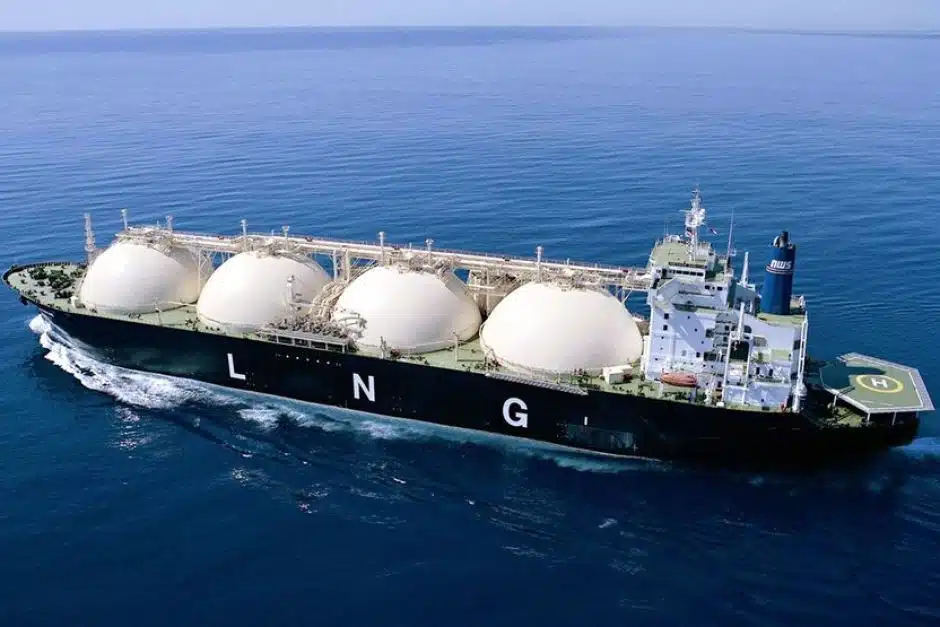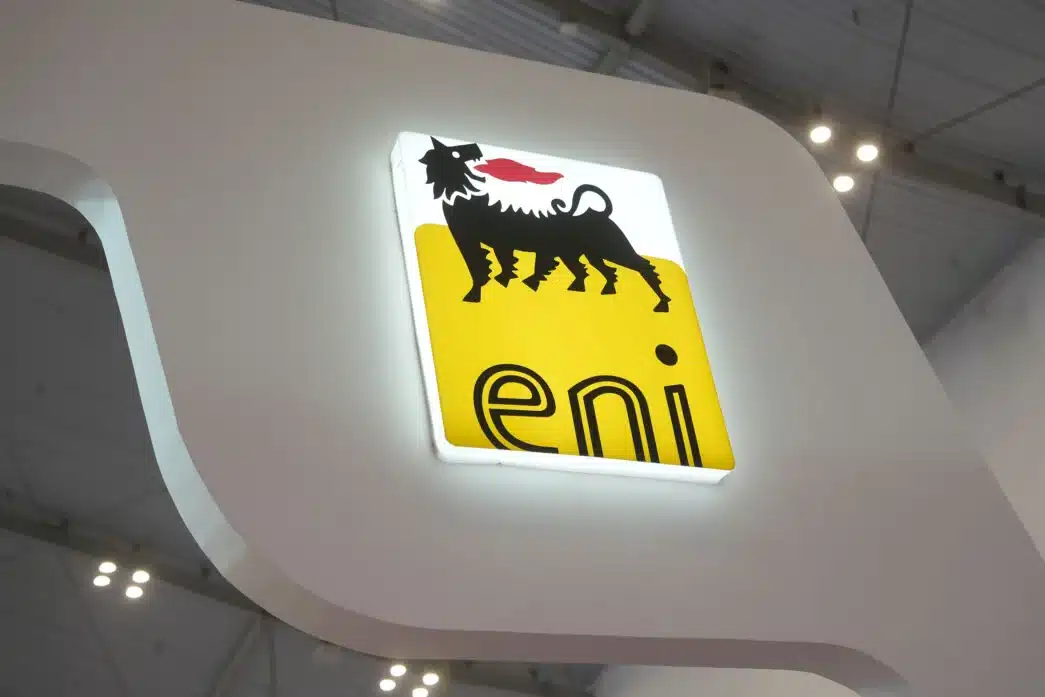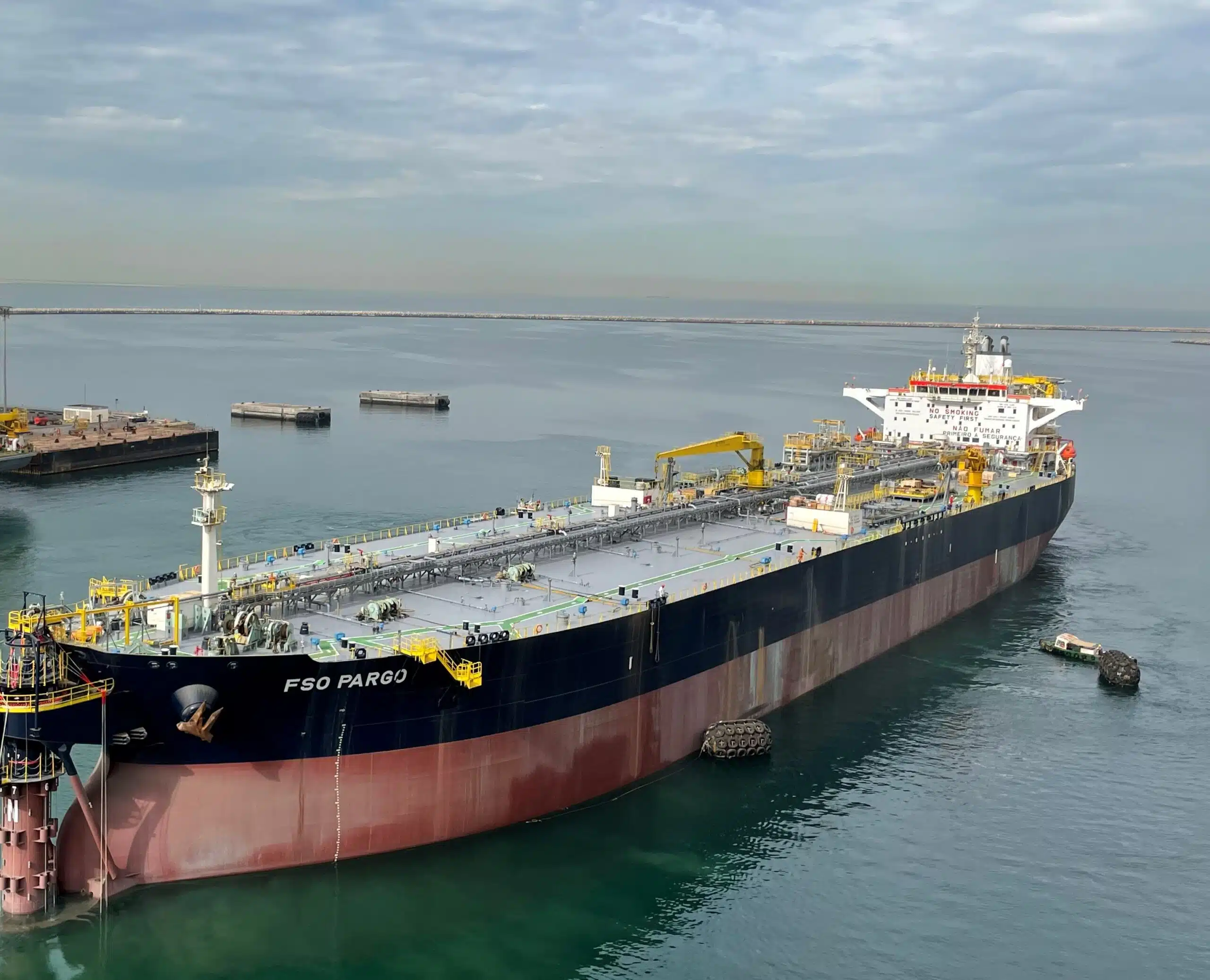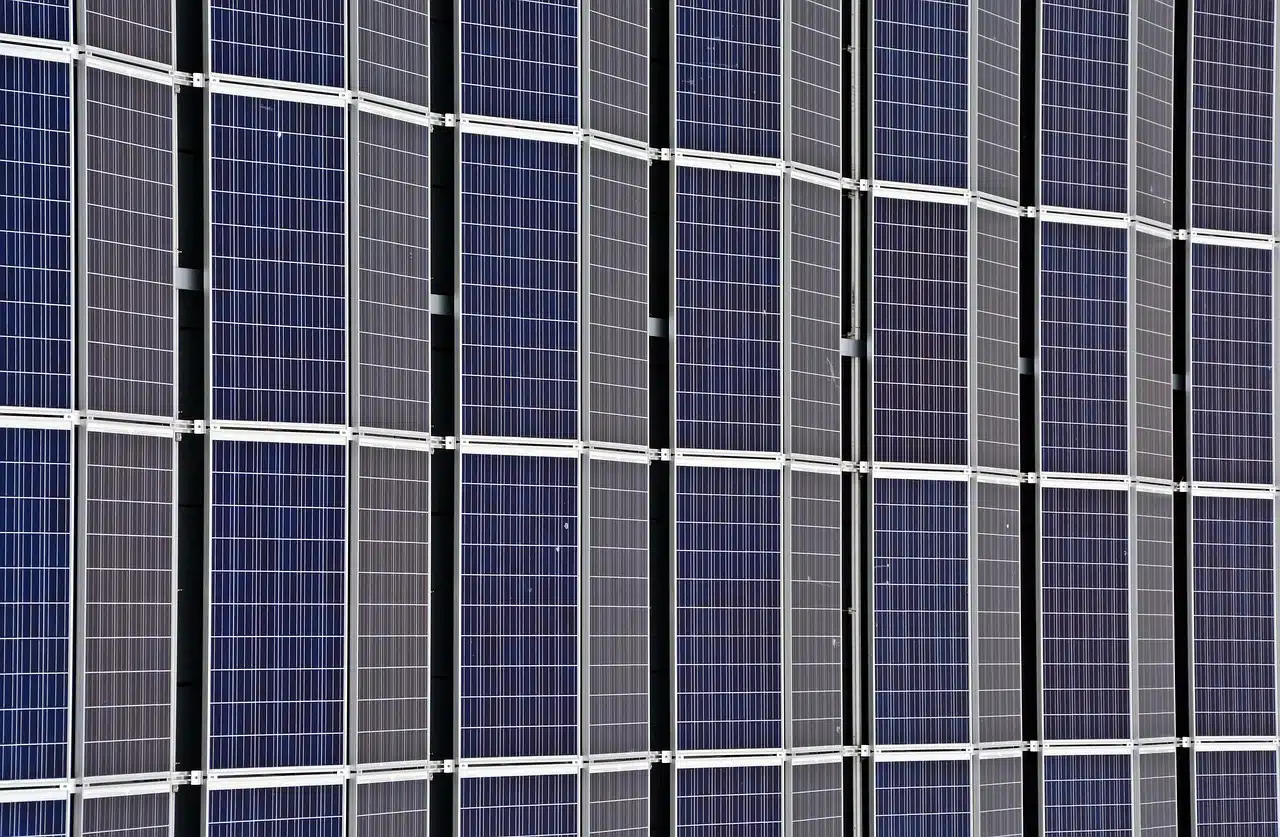Namibia is exploring several financial incentives for French oil major, TotalEnergies, to support the successful takeoff of the Venus oil field, marking another key step in its push to become an oil producer within the next five years.
Kornelia Shilunga, Special Adviser and Head of the Upstream Petroleum Unit in the Namibian Presidency, revealed this key step by the government citing the huge scale and costs of the project.
“The government recognises the complexities and high costs associated with the development of the Venus oil field by TotalEnergies,” Shilunga said.
She said the government was looking at a range of “financing options such as credit support instruments and partnerships with international lending institutions, to address challenges faced by local enterprises in accessing capital.”
The Venus field is a deepwater asset located in Block 2913B, nearly 300 kilometres off the coast of Oranjemund in the Orange Basin in Southern Namibia.
It was discovered in February 2022 and is being developed by TotalEnergies (45.25%), alongside Impact Oil & Gas (9.5%), QatarEnergy (35.25%) and state-owned NAMCOR (10%).
TotalEnergies is expected to submit its initial oilfield development plan for the Venus oil discovery by June or July.
The plan will require environmental approval for full-scale development, including drilling up to 40 subsea wells.
What you need to know
The Venus project will start production by 2030, and TotalEnergies is now expected to take a Final Investment Decision (FID) in late 2026, having been pushed forward from the end of 2025.
The field is expected to remain in production for more than 20 years.
Oil from the project will be processed and stored on a Floating Production, Storage and Offloading (FPSO) vessel and exported by tanker, while the associated gas will be reinjected into the reservoir.
An investor update seen last October show expected production estimates for the Venus project have been downwardly revised from an earlier 160,000 barrels per day to 150,000 barrels.
While Shell recently wrote down $400 million in its Namibian discoveries because they were deemed commercially unviable, TotalEnergies has remained committed to the Venus project for its huge oil potential.
CEO Patrick Pouyanne has said he believes the French company can navigate the geological hurdles, but that a FID will depend largely on keeping production costs under an internal requirement of $20 per barrel.
The French energy company had already in April begun public consultations on the Venus project as part of the Environmental and Social Impact Assessment (ESIA) requirement.
Data from Namibia’s national bank shows increased upstream activities in the Orange Basin contributed to a surge in the country’s FDI in Q4 2024, reaching $655 million.
The government is taking several measures to expedite progress on the Venus project because of the huge potential benefits it offers to its economy.








